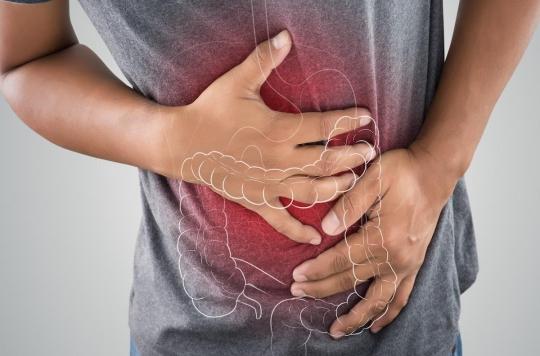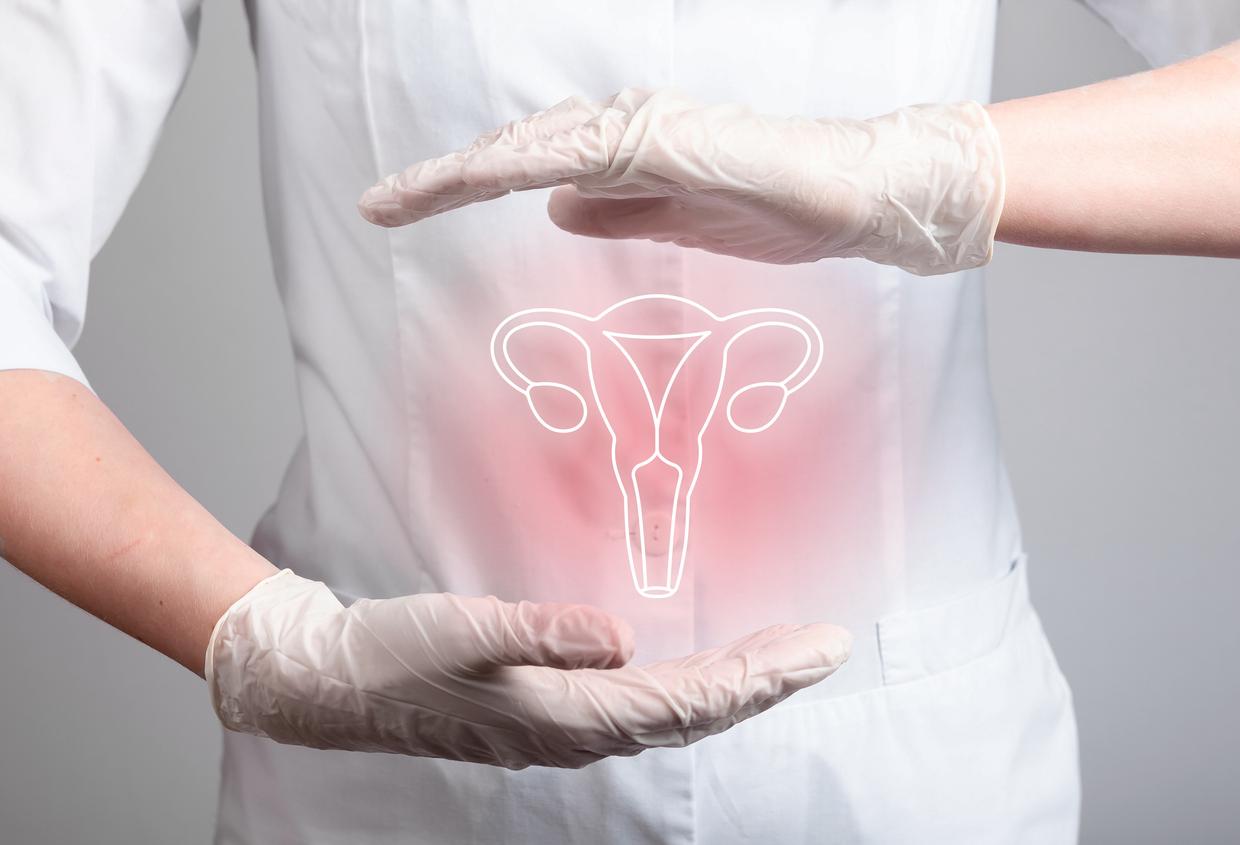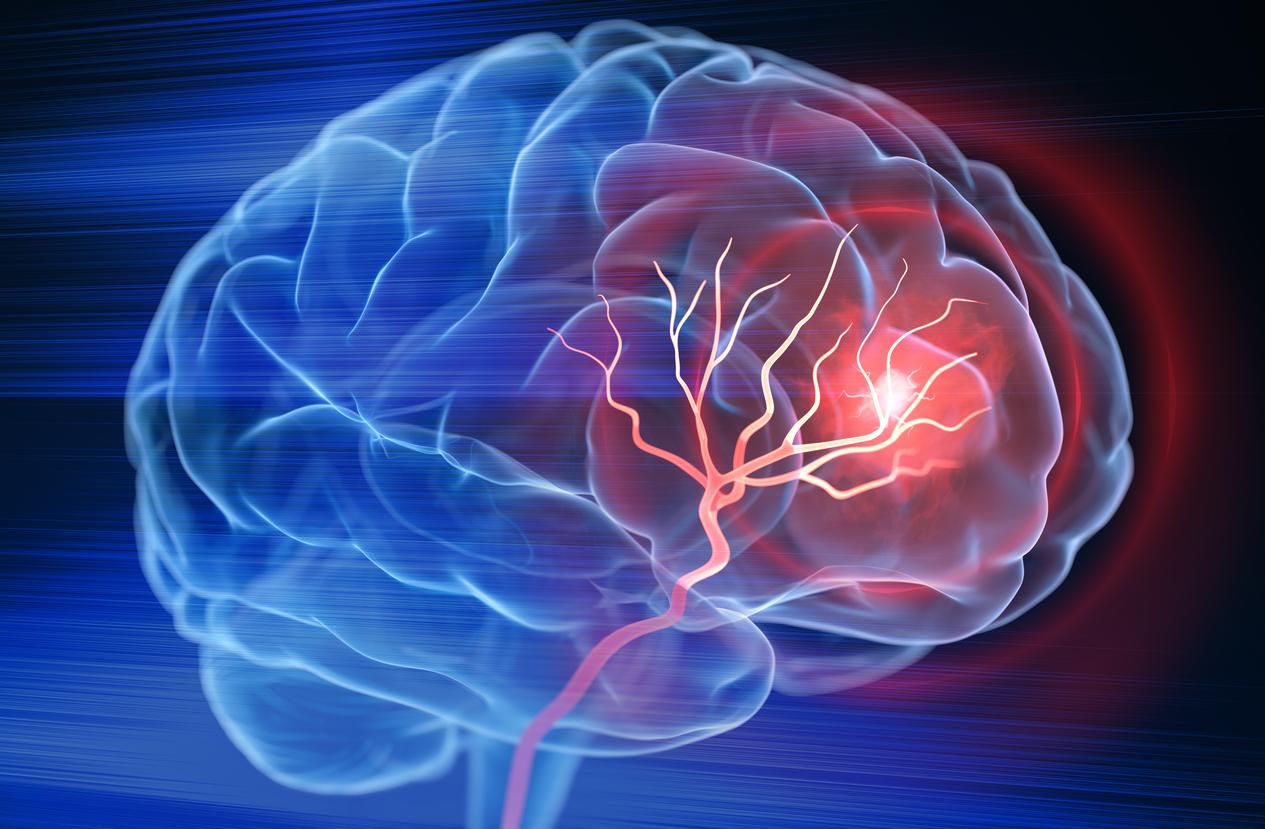In the United States, a group of scientists pleads for changes in the diagnosis, but also in the treatment of diverticulitis.

- The severity of diverticulitis is defined according to the Hinchey scale.
- There are certain risk factors, such as age, diet or lifestyle.
- In most cases, an episode of diverticulitis is not followed by a recurrence.
Stomach aches, nausea or fever: these symptoms are those of diverticulitis, a digestive disorder that affects the pelvic colon. It is caused by an inflammation of the small hernias present on the lining of the colon, which are called diverticula. There are several levels of severity, and support. In the United States, scientists are calling for an evolution in methods of diagnosis and treatment. They publish these recommendations in Annals of Internal Medicine.
Treatment to be adapted according to severity
These members of theAmerican College of Physicians formulate different opinions depending on the type of diverticulitis. In acute cases, they advise performing a CT scan in case of doubt in the diagnosis. If confirmed, the management must be carried out on an outpatient basis, that is to say without exceeding 12 hours in the hospital. These specialists also recommend not to use antibiotics. In cases of recurrent episodes of diverticulitis, they suggest doing a colonoscopy. In these cases, a treatment is sometimes used to treat these patients: mesalamine, the authors are against its prescription. On the other hand, they believe that surgery can be considered to prevent recurrences. They recall that “the decision whether or not to undergo surgery is individual“and must be taken after”a discussion of the potential benefits, harms, and patient preferences”. For the authors of these recommendations, it is important to develop diagnosis and management because “diverticulitis is increasingly common among patients seen in internal medicine”.
What recommendations in France?
Among these recommendations, some are already applied in France. In 2018, the Haute Autorité de Santé published a document summarizing the latest rules for the management of this disorder. “Since 2006, the world literature on colonic diverticulitis has grown considerablyindicates the HAS. More than 200 publications have been collected on this subject with many new data, concerning, in particular, prophylactic surgery“Thus, the use of antibiotics should be prohibited in cases of mild diverticulitis. The HAS advises instead”only symptomatic treatment in the absence of any sign of seriousness or significant comorbidity”. In most cases, these disorders resolve with appropriate treatment. According to French National Society of Gastroenterologydiverticulitis causes complications in only a quarter of patients.
.

















